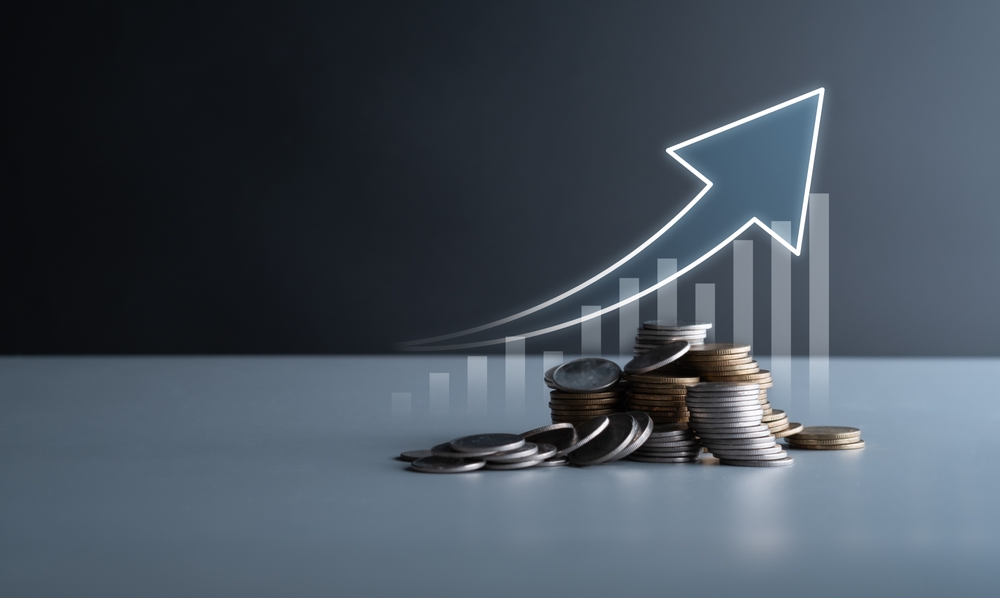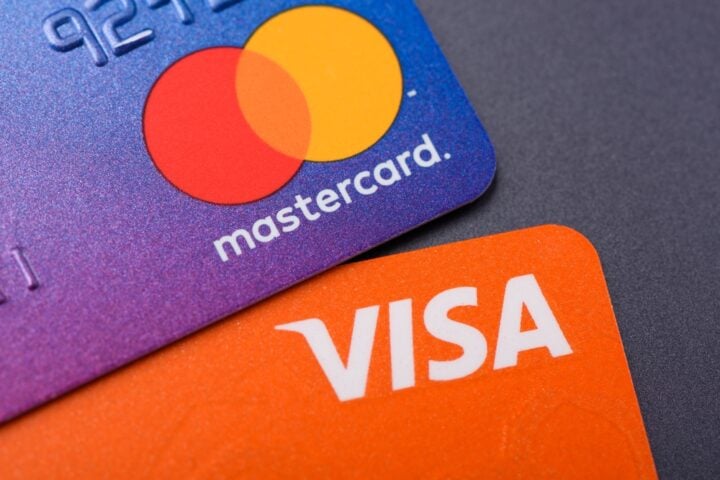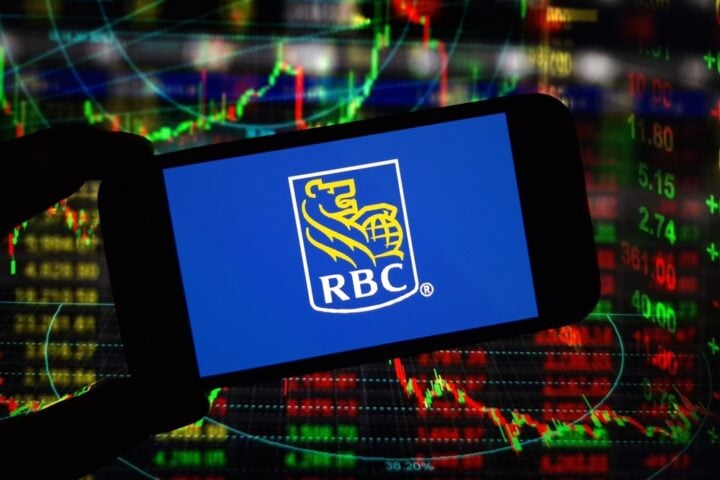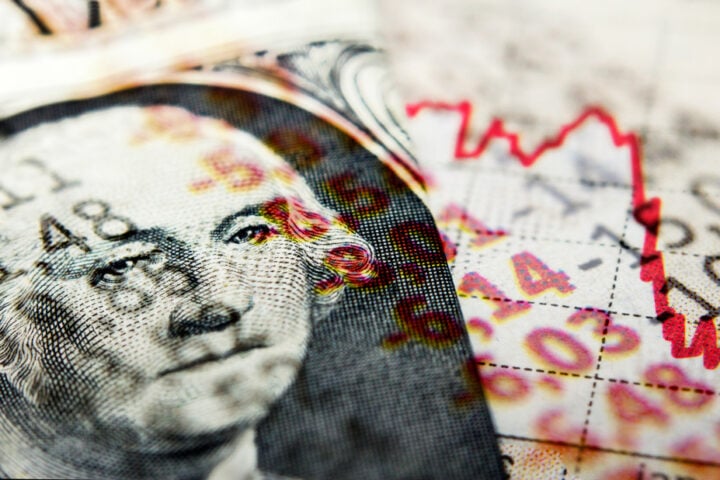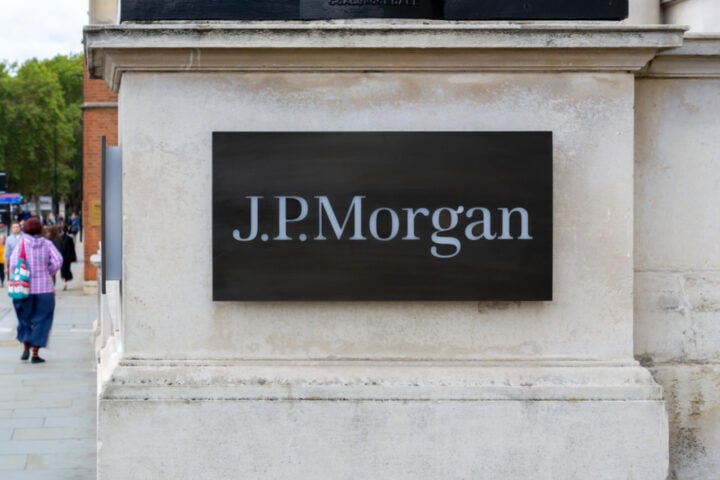With President-elect Donald Trump’s proposed tariff plans looming, corporate America is beginning to sound alarms over potential price hikes. The president-elect’s campaign included proposals for sweeping tariffs, including a 60% levy on imports from China and a 10% to 20% tariff on goods from other nations. While it’s uncertain whether Trump will implement these measures at full scale, the potential economic impact has many companies already preparing for changes.
Rising Concerns and Economic Projections Economists have predicted that such significant tariffs could drive up inflation and force the Federal Reserve to reconsider its current rate-cutting path. The resulting increase in prices for imported goods would likely be passed on to consumers, impacting household budgets and potentially slowing economic growth. Market responses reflect these predictions, with investors bracing for shifts in inflation and interest rates.
Corporate Responses and Adjustments Executives across multiple industries have begun discussing how these policies might reshape their pricing strategies. For example, Philip Daniele, CEO of AutoZone, highlighted on a recent earnings call that if tariffs were introduced, the company would pass those additional costs on to consumers. “We generally raise prices ahead of that,” Daniele stated, emphasizing that AutoZone’s pricing would adapt to counterbalance increased import expenses.
Columbia Sportswear CEO Tim Boyle shared similar concerns. On an October earnings call, Boyle noted the company’s worry about tariff impositions and warned that price increases would be inevitable. “Trade wars are not good and not easy to win,” Boyle said, signaling that consumers might soon see higher prices on outdoor gear and apparel. In an interview with The Washington Post, he reinforced that maintaining affordability would become “very, very difficult” under a new tariff regime.
Waiting for Policy Clarifications Some companies are opting to hold their strategies until Trump’s administration provides clearer policy directions. ELF Beauty CEO Tarang Amin pointed out that while tariffs from Trump’s first term had already impacted the company, they would wait to see how new policies unfold before adjusting prices. “We don’t like tariffs because they are a tax on the American people,” Amin stated, recalling how his company managed to mitigate prior cost impacts from a 25% tariff imposed in 2019.
Political and Economic Balancing Act Karoline Leavitt, spokesperson for the Trump-Vance transition team, defended the former president’s tariff history, noting that previous policies spurred job creation and investment without triggering inflation. However, many experts argue that this time around, with inflation already an economic focus, a repeat of aggressive tariffs could shift the balance, leading to broader cost implications.
Implications for Consumers and the Market If Trump’s proposed tariffs move forward, consumers can expect a wave of price hikes on everyday items, from auto parts to clothing. As companies prepare for potential policy changes, the economic landscape may see adjustments that affect everything from retail prices to the Federal Reserve’s approach to monetary policy.
While the specifics of Trump’s upcoming trade and economic plans remain under review, businesses are signaling that consumers should brace for potential price increases and the broader economic ramifications of renewed tariff policies.


